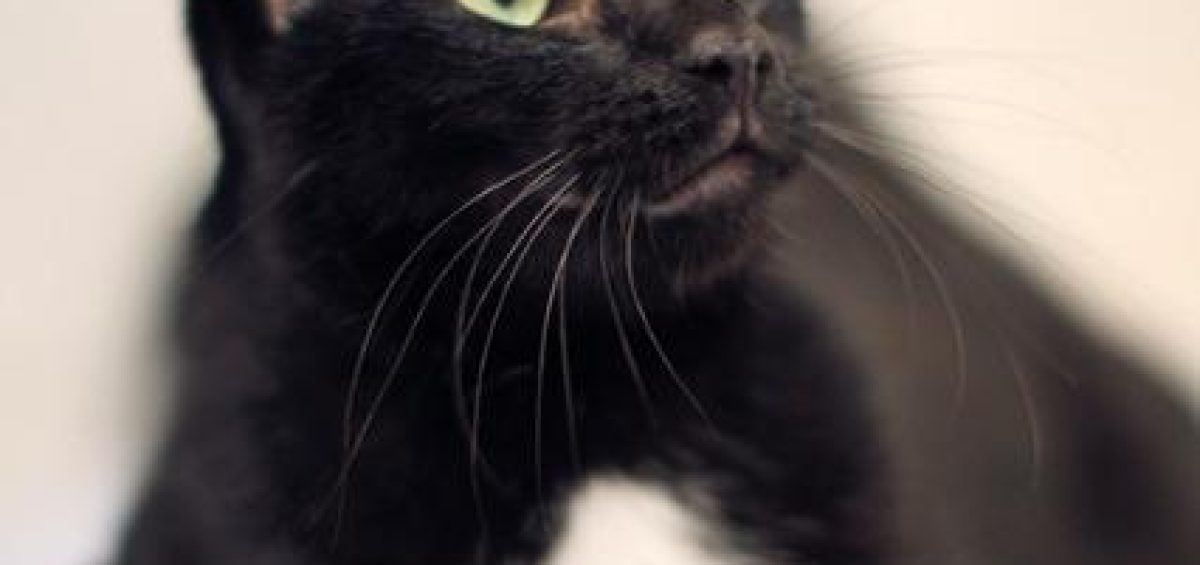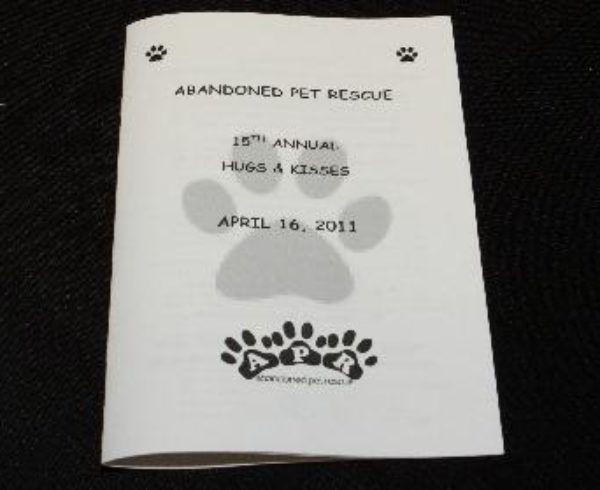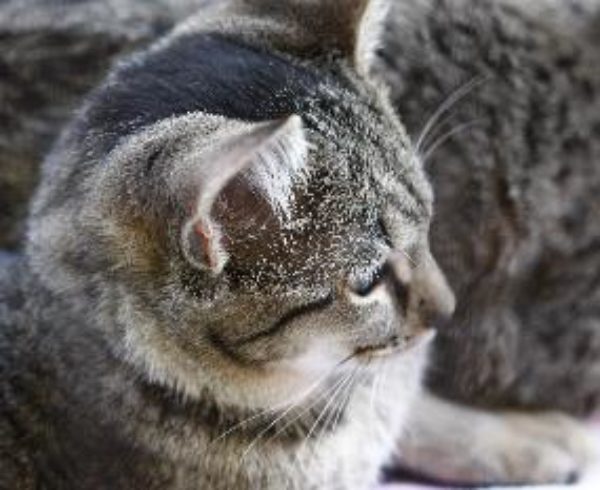Your cat is an amazing critter. They each have their own personality. This can, of course, be said for all animals, but cats and dogs seem to be more tolerant when it comes to relationships with humans (compared to badgers and me, that is). They too suffer from mental illnesses and depression. The only difference between us and them is, you will not find a cat or dog with an automatic weapon cleaning out the local shelter or veterinary office with rounds of ammo. Let’s look at some facts about all cats rather on an individual basis.
Fact 1: There are more than 500 million cat pets world-wide. The US is not alone in its love of the kitties. It is estimated that 51% of households in the UK have one or more cats.
Fact 2: A cat’s life is equal to 15 years in human lifespan. Most of them live such a short time. The oldest cat ever recorded was 38 years old. The oldest living cat is now 26. I had a friend once tell me that she will not have any more cats because down through the years she has lost so many of them her heart doesn’t have anywhere else to break. I guess some folks would do better with a pet elephant. (For those of you who need to know… the average life span of an Asian Elephant is 48 years and of an African Elephant is 60-70 years).
Fact 3: Cats have been clocked running up to 30 mph. I think this is underestimated. I had a clap of thunder this week that rocked my house and rattled the windows, during which all five of my cats instantaneously disappeared. I know they had to be doing at least 90!
Fact 4: The largest breed is the Maine Coon. The largest ever recorded was that Ludo, who weighed in at 38 lbs. The smallest breed is the Singapura and is less than ½ the size of an average cat.
Fact 5: Scientists have discovered that there is a right and wrong way to pet your cat. Cats prefer to be scratched on their faces, behind the ears or under the chin. The worse place you can scratch your cat is at the base of its tale. It has been discovered that this is a cat’s “erogenous zone,” and can cause intense discomfort after just a few minutes. Boy, there’s a term I’ll be you didn’t expect to see in the APR Newsletter!
Fact 6: Not all cats like catnip. According to Scientific American, a cat’s reaction to catnip is determined by its genetic makeup. Between 20 and 30 percent of cats are immune to its effects, and it has no effect on kittens younger than 6 months old.
Fact 7: Scientists think that the cat (even the wild ones including lions, tigers and leopards) are probably the only mammals on the planet that can’t taste sweetness. It’s because they lack the amino acids that would make the DNA for the gene that allows them to detect sweets.
Fact 8: Your kitty can serve as a pregnancy test. Your kitty’s finely tuned barometer for animal pheromones includes human hormones. While the hormones associated with pregnancy don’t have a scent themselves, they may alter your smell in ways that are perceptible to your cat, even very early in your pregnancy. Your “fir” baby is also sensitive to heat and vibration, so they may be drawn to expectant mothers’ elevated body temperature and the murmur of the baby’s heartbeat. Some cats react to this favorably and some don’t. Maybe it’s a case of sibling jealousy?
Fact 9: Cats have 230 bones while humans only have 206. Also, their collar bones don’t connect to their other bones; these bones are buried in their shoulder muscles.
Fact 10: Cats have nearly twice the number of neurons in their cerebral cortex as dogs. I personally think cats are a little bit smarter than most dogs (with the exception of the border collie). That’s why you’ll never see six cats harnessed to a sled, freezing their paws off pulling some dude through the snow!
Fact 11: Cats walk like camels and giraffes, putting both right feet first, then the left. No other mammals walk this way.
I’ll try to dig up more “skinny” on cats the next time around. There’s bound to be much more to these intriguing critters than meets the eye. ‘Til next time.

















